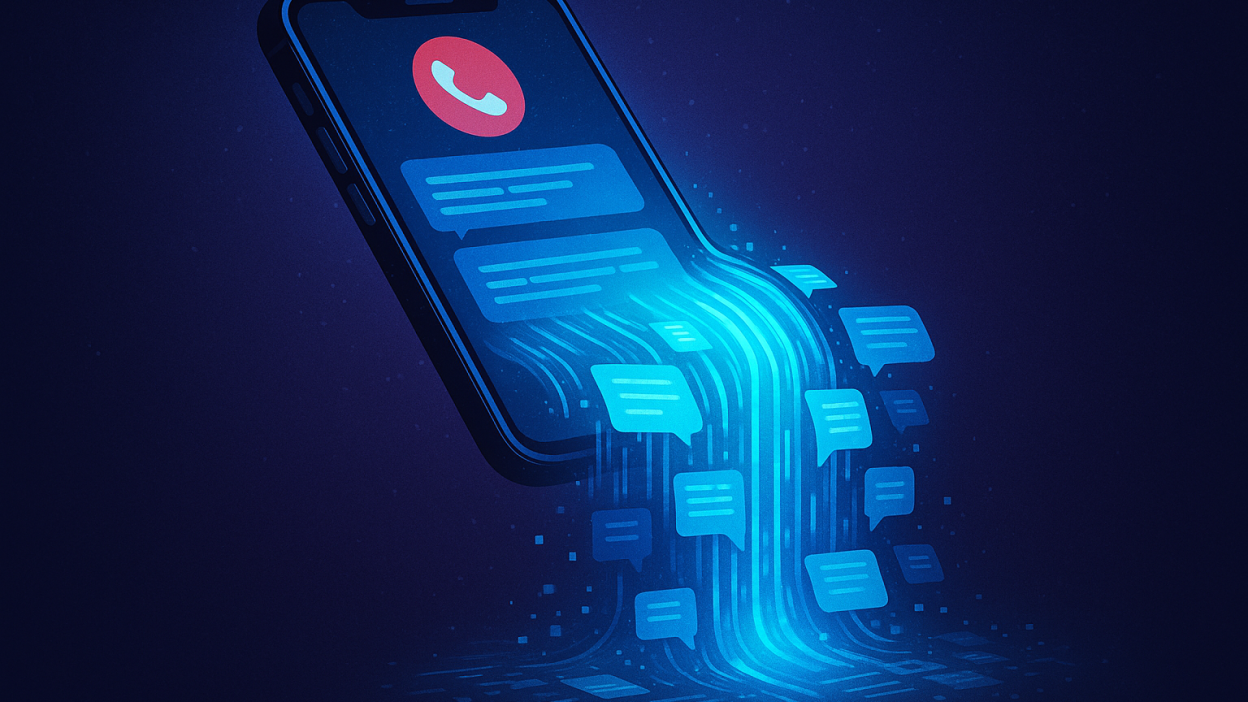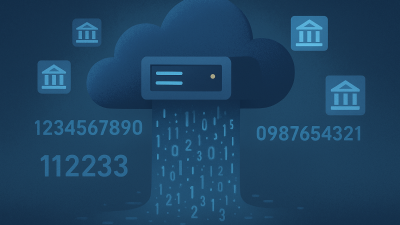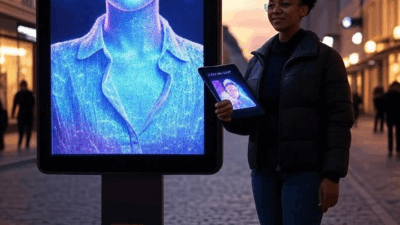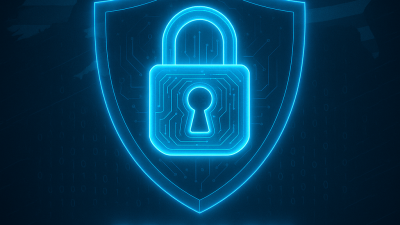Neon App Goes Dark After Privacy Breach Exposes Users’ Calls and Phone Numbers
The viral call-recording app Neon, celebrated for its convenience and ease of use, recently found itself at the center of a major privacy storm. The app went dark after a significant security lapse exposed users’ phone numbers, call recordings, and transcripts. This revelation has sent ripples through the tech community, raising urgent questions about user data protection, corporate responsibility, and digital trust.
For many users, Neon represented more than just a utility—it was a repository of sensitive conversations, from personal discussions to professional calls. The sudden exposure of this information highlights the risks inherent in apps that handle private data without robust safeguards. Beyond the technical ramifications, there’s a human story: the worry, anger, and betrayal felt by those whose intimate communications may have been accessed or leaked.
This incident is not isolated. Across industries, companies are grappling with how to balance functionality with user privacy. Neon’s breach serves as a stark reminder that convenience cannot come at the expense of trust. In this article, we will delve into the causes, consequences, and lessons of this breach, exploring its real-world impact on users, the tech ecosystem, and the broader conversation on digital security.
What Happened with Neon?
Neon, a widely used call-recording app, allowed users to automatically record, transcribe, and store phone conversations. Its viral growth was fueled by its ease of use and AI-powered transcription features, making it a favorite among professionals, journalists, and casual users alike.
The breach occurred when a vulnerability in Neon’s data storage system was exploited, exposing:
-
Users’ phone numbers
-
Call recordings stored in the cloud
-
Transcripts of those conversations
The exact scale of the breach is still being investigated, but early reports suggest that thousands of users may have been affected. Neon immediately took the app offline, acknowledging the exposure and promising to investigate the incident thoroughly.
Security experts have noted that while call-recording apps provide valuable services, they also pose unique risks. Unlike text-based communication, phone conversations can reveal highly sensitive personal, financial, and professional information, making the consequences of a breach particularly severe.
The Human Impact of a Privacy Breach
Emotional Consequences
For users, the breach is not just a technical issue—it’s a deeply personal violation. Many users store private discussions on Neon, including:
-
Business negotiations
-
Medical or legal conversations
-
Personal and family discussions
The exposure of such sensitive material can lead to anxiety, distrust, and long-lasting reputational damage. For professionals, it may even jeopardize their careers if confidential business information was leaked.
Trust and Digital Relationships
Trust is the currency of digital services. Users entrust apps like Neon with their most private moments, assuming data will remain secure. When that trust is broken, the consequences extend beyond individual users:
-
Users may abandon similar services, reducing adoption of digital tools.
-
Startups and smaller companies may struggle to rebuild credibility after breaches.
-
Regulatory scrutiny increases, affecting industry-wide operations.
How Did It Happen?
Early analyses point to multiple contributing factors:
Inadequate Encryption
While Neon claimed to store data securely, experts suggest that encryption protocols may not have been consistently applied across all call recordings and transcripts.
Cloud Vulnerabilities
Storing sensitive user data in cloud environments without strict access controls creates multiple points of exposure.
Rapid Scaling without Security Audits
Neon’s viral growth may have outpaced its internal security infrastructure, leaving gaps that attackers exploited.
Security analysts emphasize that this is not a rare scenario. Many apps rush to market features without comprehensive threat modeling, leaving users vulnerable.
Broader Implications for App Security
Regulatory Consequences
Incidents like Neon’s breach draw attention from regulators worldwide. In the United States, the Federal Trade Commission (FTC) increasingly scrutinizes companies for failing to protect user data. In Europe, breaches trigger GDPR obligations, including mandatory reporting and potential fines.
Industry Reflection
The Neon incident underscores a broader challenge for tech companies: balancing convenience and innovation with robust security measures. Key takeaways include:
-
Privacy by design: Integrating security from the earliest development stages.
-
Regular audits: Conducting continuous penetration testing and code reviews.
-
Transparent communication: Swiftly notifying users when breaches occur to maintain trust.
Societal Implications
Beyond corporate responsibilities, the breach touches on societal concerns about digital privacy. As more aspects of life move online, breaches like this one highlight the fragility of personal data in a connected world. Users are increasingly aware that no platform, no matter how popular, is immune to vulnerability.
Lessons for Users
Limit Sensitive Storage
Avoid storing highly sensitive conversations on third-party apps without strong encryption.
Use End-to-End Encrypted Services
When privacy is critical, use apps that guarantee end-to-end encryption for calls and messages.
Regularly Review Permissions
Monitor which apps have access to microphones, storage, and cloud services.
Stay Informed
Keep abreast of privacy news and breaches to take timely action to protect your data.
The Neon privacy breach is a cautionary tale for both companies and users. For startups and developers, it highlights the critical importance of integrating security into every aspect of app development. For users, it serves as a reminder to remain vigilant about digital privacy and the risks inherent in storing sensitive information on third-party platforms.
Ultimately, trust is fragile and hard to rebuild. Neon’s experience underscores that in a digital world, privacy lapses are not just technical failures—they are human ones, affecting livelihoods, relationships, and confidence in technology itself.
FAQs
1. What data was exposed in the Neon breach?
Users’ phone numbers, call recordings, and transcripts were compromised.
2. Is Neon safe to use now?
The app is currently offline as the company investigates the breach. Users are advised to avoid reinstalling until security measures are verified.
3. How can users protect themselves from similar breaches?
Use end-to-end encrypted apps, limit sensitive storage on third-party apps, and monitor app permissions.
4. Could Neon face legal consequences?
Yes. Depending on the jurisdiction, Neon may face regulatory scrutiny and potential fines under privacy laws such as GDPR or FTC guidelines.
5. How common are breaches in call-recording apps?
While not frequent, they are increasingly reported due to the sensitivity of voice data and rapid app adoption without rigorous security measures.
6. What should other apps learn from Neon?
Implement privacy-by-design principles, conduct regular security audits, and maintain transparent communication with users.
Protect your digital life before it’s too late. Subscribe to our newsletter for weekly insights into privacy, cybersecurity, and emerging tech risks.
Note: Logos and brand names are the property of their respective owners. This image is for illustrative purposes only and does not imply endorsement by the mentioned companies.



